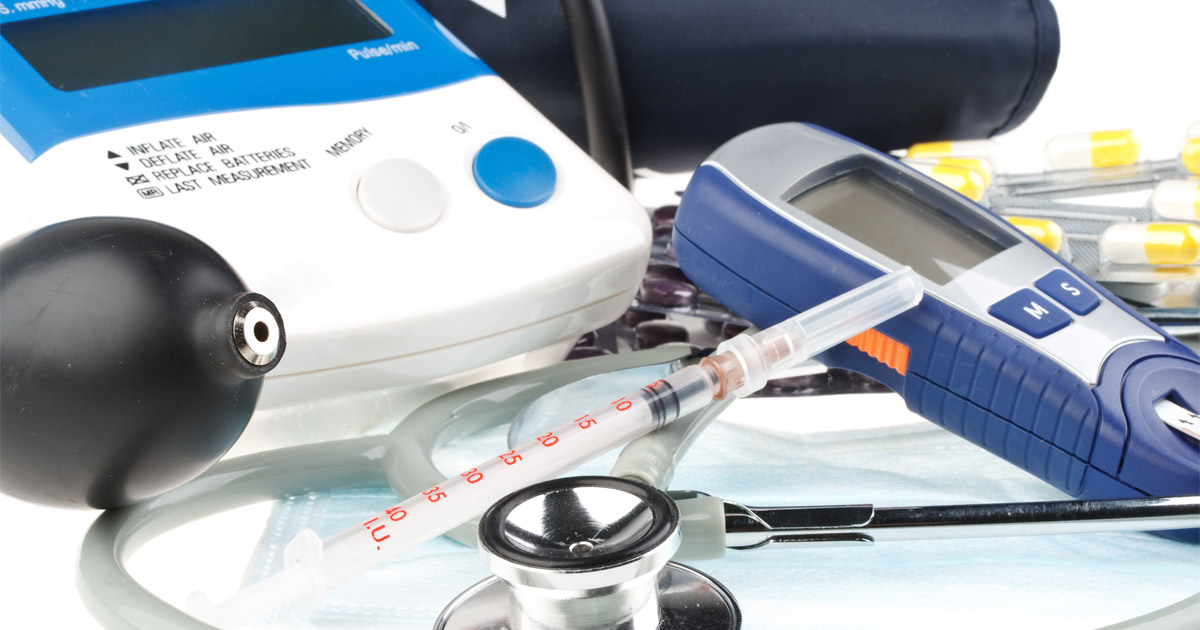
Health care providers use medical devices to diagnose, prevent, and treat a wide range of illnesses and injuries. Unfortunately, when there is a flaw in one of these products, it can cause serious health complications. In fact, depending on the nature of the flaw, the defective medical product may cause more harm than the illness or injury that the device was meant to treat.
If you suffered a serious injury from a defective medical device, you may be eligible for financial compensation. However, determining liability in these types of cases can be a complex process since there are multiple parties who are involved in the chain or distribution. Therefore, it is highly recommended that you consult with an experienced lawyer who can assist you with a medical products liability claim.
When a medical device is defective, it can cause a range of injuries, some of which can be serious and even life-threatening. The following are examples of common injuries associated with defective medical devices:
A medical device is any type of device, product, or implant that is used to treat a range of illnesses, injuries, or disabilities. Examples can range from crutches and nonelectric wheelchairs to defibrillators, stents, contraceptive devices, and implants. A medical device is considered defective if a mistake or oversight occurred during the design, manufacturing, or marketing phase.
Liability for a defective medical device will be determined by the phase in which the flaw occurred:
The following are examples of medical devices that are on the market today. If defective in any way, they can cause very serious injuries or fatalities.
If you are injured by a defective medical device, it is not always obvious who the liable party is or what type of claim you should file. A medical products liability claim focuses on the defective product, whereas a medical negligence claim is based on whether or not the health care provider’s actions were reasonable and if they met the accepted medical standard of care.
For example, if you suffer an injury after an implanted hernia mesh fails and there was a defect in the device, this would warrant a medical products liability lawsuit. However, if the surgeon implanted the device incorrectly, you may pursue a medical malpractice lawsuit against the surgeon. A skilled lawyer will review the details of your case and recommend the best legal course of action.
There are a number of parties involved in the distribution chain of a medical device, including the company responsible for designing, manufacturing, and distributing the device, the testing facility, the medical supplier, the physician, the pharmacy, and the hospital or medical facility. In order to determine which party is liable for your injuries, you must identify the defect and determine whether it is a design flaw, a manufacturing defect, or a marketing issue.
Oftentimes, it is more difficult to prove that an implicated device is defective. After a medical device has been removed, it is usually considered medical waste and disposed of, which can make a medical products liability lawsuit challenging unless the surgeon or other health care professional in the room took pictures of the device or took detailed notes.
Once you have identified the defect and the party responsible for the flaw, you will need to demonstrate that you were owed a duty of care by the liable party, that they breached that duty, and that the breach caused your injuries and resulting financial losses.
The following are examples of potential defendants in a defective medical device case:
Defective medical devices can cause serious injuries that may require hospitalization, corrective surgery, physical therapy, and ongoing medical treatment. The costs associated with these injuries can accumulate very quickly, and if the injury prevents you from being able to return to work, this can be financially devastating. Fortunately, you may be eligible to recover the following compensatory damages by filing a medical products liability claim:
If you have a serious injury, infection, or other health complication from a faulty medical product, do not hesitate to contact one of our Philadelphia defective medical device lawyers at Brookman, Rosenberg, Brown & Sandler. We will conduct a thorough investigation into the details of your case. To schedule a free, confidential consultation, call us today at 215-569-4000 or contact us online. We are located in Philadelphia, and we serve clients throughout New Jersey and Pennsylvania, including Delaware County, Chester County, and Philadelphia County.